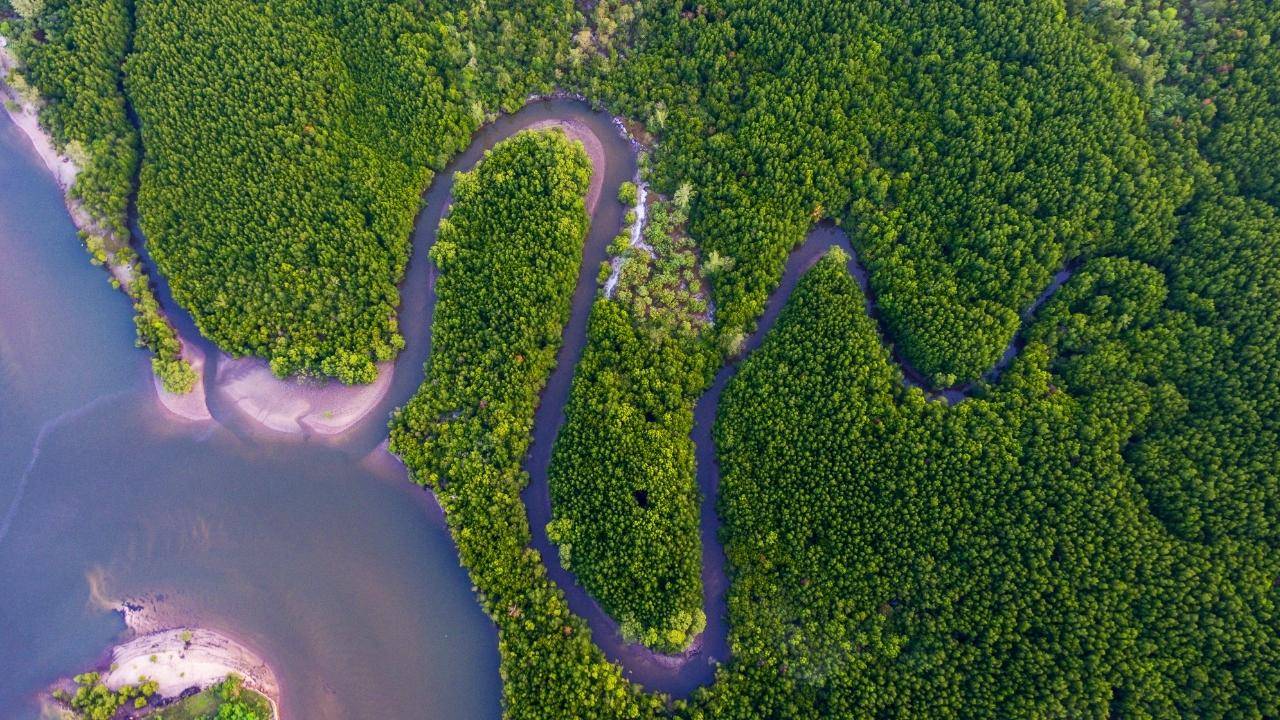2021 was a tough year for environmental projects as the pandemic resulted in many countries having to redirect funds to fighting Covid and many of the economic fallouts from lockdowns.
But after successfully restoring about a quarter of its coastal mangroves, Indonesia has now reallocated funds again to recover 150,000 hectares of degraded forest areas in 2022. That puts the country back on track to complete this ambitious project by 2024 and significantly boost its carbon absorption.
And it all comes down to making a significant investment that could pay off very well in the future through carbon credits.
Reuters has a report that highlights some details about the financing.
“Last year, 34,911 hectares were restored at a cost of 690 billion rupiah ($48.07 million), but for 2022 the allocated budget should rise to 3.2 trillion rupiah, said Hartono, head of Peatland and mangrove restoration agency, speaking at the same briefing.”
In total, the project will recover 600,000 hectares that will also replenish biodiversity and provide safe homes to thousands of species of animals.
The long-term benefits of this project could also extend into eco-tourism, allowing visitors to see for themselves what these types of projects can achieve.
More inspiring green news similar to this:


